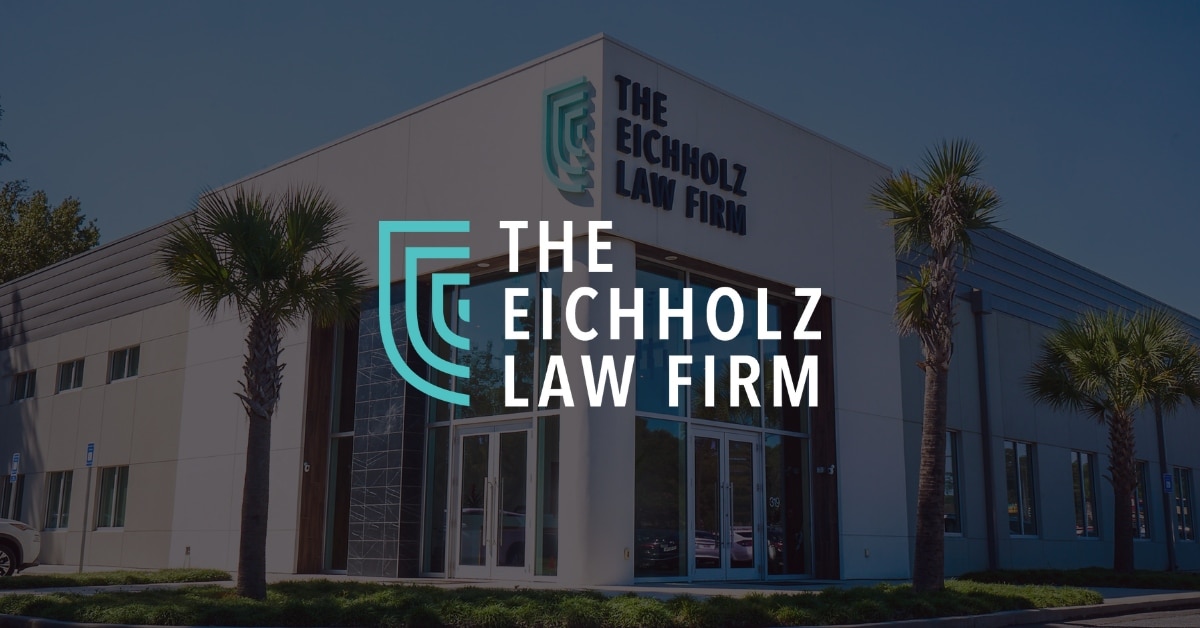The FDA is warning women who are considering vaginal “rejuvenation” treatments about the risks and dangers associated with the use of laser and energy-based procedures.
If you or someone you love has undergone a vaginal “rejuvenation” procedure involving a vaginal laser and sustained injuries, such as scarring, burning, or chronic pain, you may have legal recourse against the manufacturer o. Please contact one of our attorneys to discuss your potential claim.
Our attorneys are investigating claims of injuries caused by the use of vaginal lasers for “rejuvenation” procedures, resulting in adverse side effects such as burning, scarring, or pain during sex.
What is a vaginal “rejuvenation” procedure?
“Vaginal rejuvenation” is a term used by the medical device and cosmetic surgery industries to describe non-surgical procedures intended to treat conditions related to vaginal discomfort, including dryness, itching, laxity, or atrophy, as well as pain during sex or urination. Other names given to these procedures include cosmetic gynecology, “re-virgination” surgery, female genital plastic surgery, designer vaginal surgery, and G-spot amplification. These terms are used interchangeably and are not concretely defined, according to the Food and Drug Administration (FDA), and the FDA has not cleared or approved any laser or energy-based device for such a procedure at this time.
Vaginal rejuvenation is advertised as a way to treat various vaginal changes. Caused by estrogen deficiency, childbirth, and aging, these changes can worsen with time. Vaginal rejuvenation promises to tighten the vagina, eliminate dryness and stop incontinence. The procedure often takes 2-3 treatments that are 4-6 weeks apart.
Common procedures include:
- Monalisa Touch
- Thermiva
- Alma Lasers
- Venus Concept
- FemiLift
- Exilis Ultra 360
- FormaV and Fractora V
Why is the lack of FDA approval or clearance significant?
The FDA warned women considering elective vaginal “rejuvenation” procedures to proceed with caution, stating in a Safety Communication on July 30, 2018, that “These products have serious risks and don’t have adequate evidence to support their use for these purposes. We are deeply concerned women are being harmed.”
Energy-based devices and lasers have garnered FDA approval for general gynecological purposes, such as the treatment of abnormal growths or tissue. Growing in popularity in recent years, however, are cosmetic or “rejuvenating” non-surgical procedures that use these same energy-based devices and lasers to treat vaginal symptoms or conditions such as:
- Vagina laxity
- Vaginal atrophy, dryness, or itching
- Pain during sexual intercourse
- Pain during urination
- Decreased sexual sensation
The FDA has not yet determined whether it is safe or practical to use these energy-based devices and lasers for “rejuvenation” procedures. At present, the FDA has not cleared or approved the use of these devices for “rejuvenation” procedures, which includes devices and lasers manufactured and sold by the following companies:
- Alma Lasers
- BTL Aesthetics
- BTL Industries
- InMode
- Cynosure
- ThermiGen
- Sciton
- Venus Concept
Adverse effects of vaginal “rejuvenation” procedures include:
- Vaginal burns
- Scarring
- Pain with sexual intercourse
- Significant chronic pain
- Dryness
- Numbness
- Sexual dysfunction
I am considering a vaginal “rejuvenation” procedure – or already underwent one – what should I do now?
The FDA urges women who are considering these procedures to heed their warnings. The FDA has emphasized that the use of energy-based devices for the treatment of these conditions, or any symptoms relating to menopause, urinary incontinence, or sexual function can lead to serious adverse events, including a burning, scarring, pain during intercourse, and chronic pain. Data and descriptions for these adverse events are available for public review on the FDA’s Adverse Event Report Databases.
FDA Commissioner Scott Gottlieb, M.D. informed the public in July 2018 that the FDA’s review of adverse event reports associated with these laser and energy-based devices yielded alarming results: “we have found numerous cases of vaginal burns, scarring, pain during sexual intercourse, and recurring or chronic pain… the full extent of the risks is unknown. But these reports indicate these procedures can cause serious harm.”
If you or a loved one underwent an elective vaginal “rejuvenation” procedure such as the “Mona Lisa Touch” laser or the “Thermiva” device and had experienced symptoms such as those listed above, contact one of our attorneys today to discuss your legal rights.
The FDA is warning women who are considering vaginal “rejuvenation” treatments about the risks and dangers associated with the use of laser and energy-based procedures.
If you or someone you love has undergone a vaginal “rejuvenation” procedure involving a vaginal laser and sustained injuries, such as scarring, burning, or chronic pain, you may have legal recourse against the manufacturer o. Please contact one of our attorneys to discuss your potential claim.
Our attorneys are investigating claims of injuries caused by the use of vaginal lasers for “rejuvenation” procedures, resulting in adverse side effects such as burning, scarring, or pain during sex.
What is a Vaginal “Rejuvenation” Procedure?
“Vaginal rejuvenation” is a term used by the medical device and cosmetic surgery industries to describe non-surgical procedures intended to treat conditions related to vaginal discomfort, including dryness, itching, laxity, or atrophy, as well as pain during sex or urination. Other names given to these procedures include cosmetic gynecology, “re-virgination” surgery, female genital plastic surgery, designer vaginal surgery, and G-spot amplification. These terms are used interchangeably and are not concretely defined, according to the Food and Drug Administration (FDA), and the FDA has not cleared or approved any laser or energy-based device for such a procedure at this time.
Vaginal rejuvenation is advertised as a way to treat various vaginal changes. Caused by estrogen deficiency, childbirth, and aging, these changes can worsen with time. Vaginal rejuvenation promises to tighten the vagina, eliminate dryness and stop incontinence. The procedure often takes 2-3 treatments that are 4-6 weeks apart.
Common procedures include:
- Monalisa Touch
- Thermiva
- Alma Lasers
- Venus Concept
- FemiLift
- Exilis Ultra 360
- FormaV and Fractora V
Why is the Lack of FDA Approval or Clearance Significant?
The FDA warned women considering elective vaginal “rejuvenation” procedures to proceed with caution, stating in a Safety Communication on July 30, 2018, that “These products have serious risks and don’t have adequate evidence to support their use for these purposes. We are deeply concerned women are being harmed.”
Energy-based devices and lasers have garnered FDA approval for general gynecological purposes, such as the treatment of abnormal growths or tissue. Growing in popularity in recent years, however, are cosmetic or “rejuvenating” non-surgical procedures that use these same energy-based devices and lasers to treat vaginal symptoms or conditions such as:
- Vagina laxity
- Vaginal atrophy, dryness, or itching
- Pain during sexual intercourse
- Pain during urination
- Decreased sexual sensation
The FDA has not yet determined whether it is safe or practical to use these energy-based devices and lasers for “rejuvenation” procedures. At present, the FDA has not cleared or approved the use of these devices for “rejuvenation” procedures, which includes devices and lasers manufactured and sold by the following companies:
- Alma Lasers
- BTL Aesthetics
- BTL Industries
- InMode
- Cynosure
- ThermiGen
- Sciton
- Venus Concept
Adverse Effects of Vaginal “Rejuvenation” Procedures
Adverse effects of vaginal “rejuvenation” procedures include:
- Vaginal burns
- Scarring
- Pain with sexual intercourse
- Significant chronic pain
- Dryness
- Numbness
- Sexual dysfunction
I am Considering a Vaginal “Rejuvenation” Procedure – or Already Underwent One – What Should I Do Now?
The FDA urges women who are considering these procedures to heed their warnings. The FDA has emphasized that the use of energy-based devices for the treatment of these conditions, or any symptoms relating to menopause, urinary incontinence, or sexual function can lead to serious adverse events, including a burning, scarring, pain during intercourse, and chronic pain. Data and descriptions for these adverse events are available for public review on the FDA’s Adverse Event Report Databases.
FDA Commissioner Scott Gottlieb, M.D. informed the public in July 2018 that the FDA’s review of adverse event reports associated with these laser and energy-based devices yielded alarming results: “we have found numerous cases of vaginal burns, scarring, pain during sexual intercourse, and recurring or chronic pain… the full extent of the risks is unknown. But these reports indicate these procedures can cause serious harm.”
If you or a loved one underwent an elective vaginal “rejuvenation” procedure such as the “Mona Lisa Touch” laser or the “Thermiva” device and had experienced symptoms such as those listed above, contact one of our attorneys today to discuss your legal rights.

